Question And Answer
Publications
Articles, publications, books, tools and multimedia features from the U.S. Institute of Peace provide the latest news, analysis, research findings, practitioner guides and reports, all related to the conflict zones and issues that are at the center of the Institute’s work to prevent and reduce violent conflict.
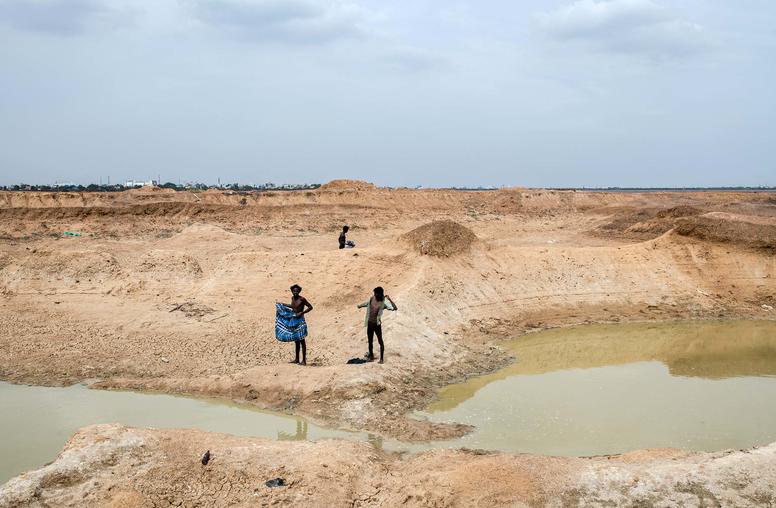
The Intertwined Futures of Climate Action, Fragility and Peacebuilding
Crises are often described narrowly; clearly differentiated by the aspect of society they impact, such as the economy or national security. But the COVID pandemic and looming climate crisis have shown that lines distinguishing one crisis from another aren’t as distinct as they may seem, and that underlying issues like COVID can impact a number of sectors simultaneously. Navigating the intersection of health, economic, governance and humanitarian issues has become the defining challenge of the pandemic response...

U.S. Withdrawal from Afghanistan: End to an Endless War?
President Joe Biden formally announced on Wednesday that the United States will withdraw troops from Afghanistan by September 11 of this year, the 20th anniversary of the al-Qaida attacks that led to the U.S. overthrow of the Taliban. The decision comes a month after U.S. Secretary of State Antony Blinken looked to jump-start the moribund intra-Afghan peace talks in Doha, Qatar with a sweeping set of proposals. Although the withdrawal would mean an end to America’s longest war, the implications for Afghanistan’s hard-won progress are immense and many fear the possibility of a rejuvenated civil war after U.S. troops leave.
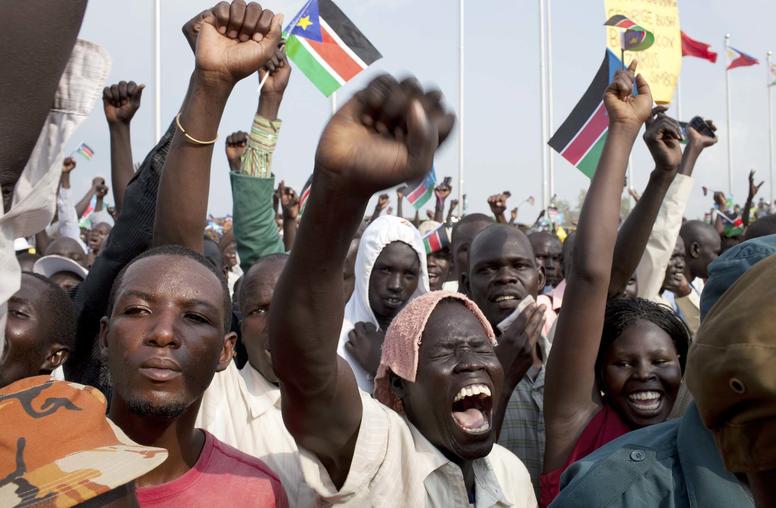
South Sudan’s people have spoken on peace. Is anyone listening?
The United States played a key role in the emergence of South Sudan as an independent state 10 years ago. Yet today, U.S. policy toward the country is insufficient to address the continued violence or promote sustainable peace. Even so, it is not too late for U.S. policymakers to embark upon a renewed push for peace. To move forward, they should listen to what South Sudan’s people said in the recently concluded National Dialogue and incorporate its recommendations in diplomatic, humanitarian and development strategies for the country.
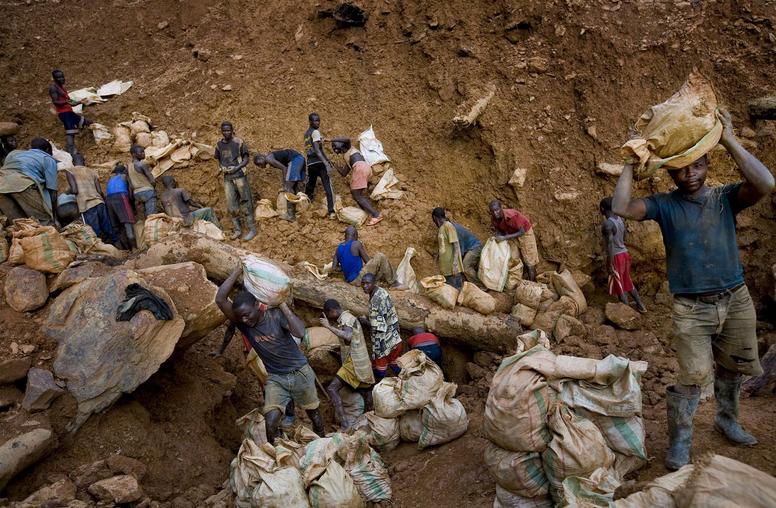
A ‘green economy’ risks new conflicts—but that’s avoidable.
The United States will host 40 world leaders this week to accelerate the fight against global warming. In those talks and in the imperative changes to come, officials and advocates must watch for an unintended danger of new policies—their potential to ignite or inflame violent conflicts. A key to reducing this danger is to marry reforms for a cleaner global economy to those for transparent, accountable governance and commerce. Put simply, any successful greening of the global economy will heighten the costs and violence that humanity risks from corruption and authoritarianism worldwide.
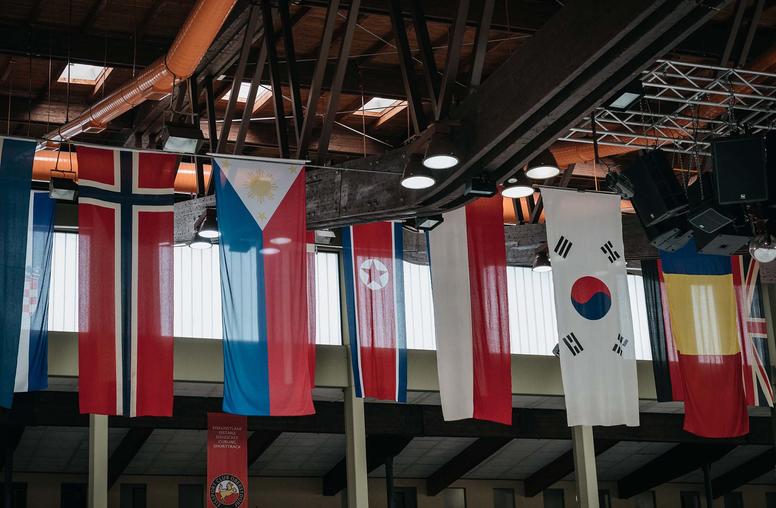
The Case for Maximizing Engagement with North Korea
As the Biden administration’s North Korea policy review nears completion, there is growing worry that it could dig in its heels on previous U.S. efforts to change North Korea’s behavior through isolation and pressure. Early signals indicate the Biden team is prioritizing pressure among many options. Several experts, however, believe this approach will continue to fail because it incorrectly assumes North Korea will yield to coercive tactics and that China will cooperate in this effort.
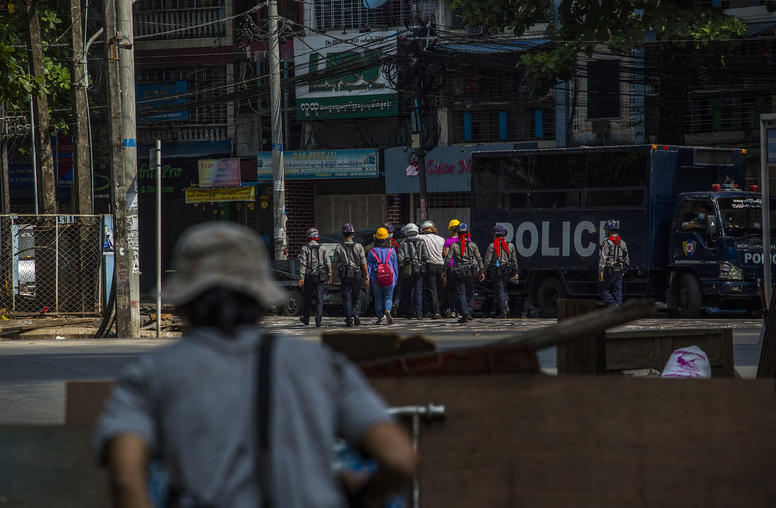
Chaos Sparked by Myanmar Coup Fuels Chinese Cross-border Crime
In the two months since the military reestablished its tumultuous rule, criminal activities in Myanmar have widened dramatically, posing new challenges to the region’s efforts and ability to control cross-border crime.
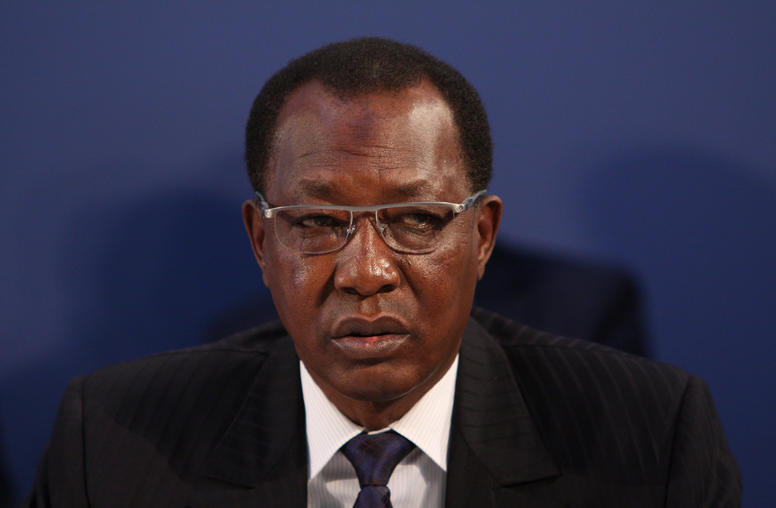
Chad: President Déby’s Death Leaves Vacuum in Volatile Region
The sudden violent death of Idriss Déby, the leader of Chad since 1990, throws the central African country into uncertainty. During a visit to the military frontline, Déby was allegedly killed in fighting in the country’s Lake Chad region, just days after the uncompetitive April 11 presidential elections in which he was re-elected for a sixth term. As USIP’s Kamissa Camara and researcher Jérôme Tubiana explain, Déby’s death does not change the structural deficiencies of the Chadian state. At the same time, Déby’s death leaves the West without a long-time ally in counterterrorism in the greater Sahel and Lake Chad Basin, and how the transition is managed has implications for the wider region, too.
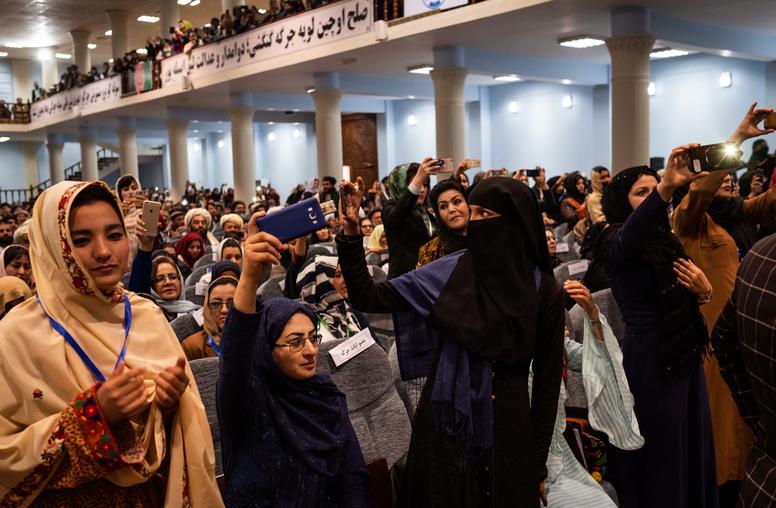
Democracy Is the Afghan Government’s Best Defense Against the Taliban
The Biden administration’s announcement last week that U.S. troops would be out of Afghanistan by September 11 came as a blow to the current peace talks and many Afghan citizens who appreciate the rights and freedoms that international forces have helped to defend against the Taliban. Still, President Biden made clear that the United States continues to support the Afghan government and democratic system, and, to that end, the administration has indicated it would request $300 million from Congress in additional civilian aid. But Biden explicitly de-linked U.S. troops from that equation — stating that they would not be “a bargaining chip between warring parties.”

Russia Pulls Back Troops—But Not Its Threat to Ukraine
Russian ships and trains are moving back the tens of thousands of troops massed on Ukraine’s border because, Russia’s defense minister said last week, their “surprise inspection” had “demonstrated their ability to ensure the reliable defense of the country.” In reality, the Kremlin stood down after its saber-rattling failed to unnerve the Ukrainians—and after President Biden warned President Vladimir Putin directly to drop the military threat, effectively...
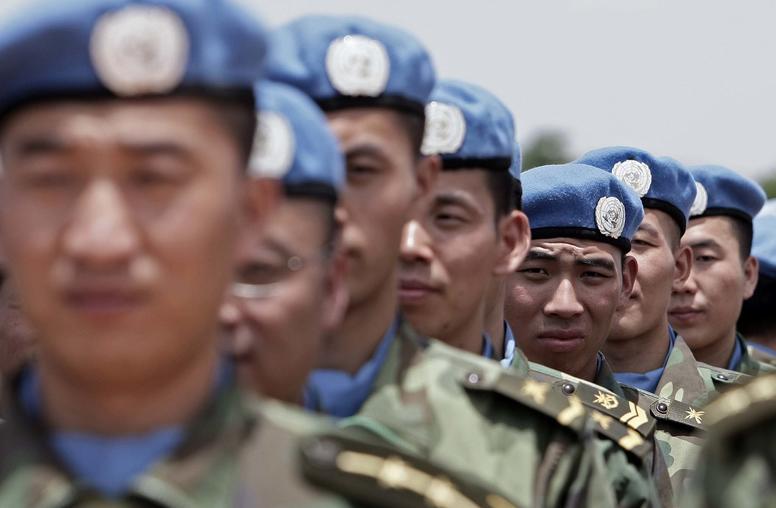
Sidestepping Great Power Rivalry: U.S.-China Competition in Africa
If the early months of the Biden administration are any indication, the U.S.-China rivalry shows no signs of dimming anytime soon. Initial meetings between top Biden administration and Chinese officials in March were heated and appear to have done little to reduce tensions over many divisive issues. There is growing bipartisan support in the U.S. Congress for “hardline” policies against Beijing. Meanwhile, China is increasingly active worldwide, including in Africa, where its expanding presence is concerning to the United States.